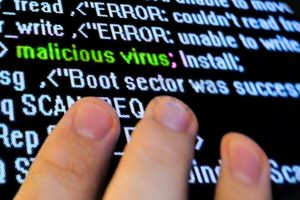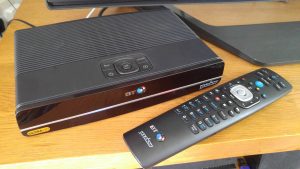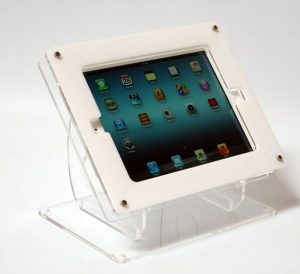Whether you are trying to get your work done, or are just attempting to check your e-mail, it is important that your PC is running at top speeds so that you don’t waste a single minute of your precious time. When you first purchased your computer, it was lightening fast and enabled you to complete all of your tasks quickly and efficiently. Now, however, it seems extremely bogged down and even just turning it on seems to take forever. But why has this happened, and what can you do to fix the problem? Here is a closer look at 10 common causes for a slow running computer so that you can find a solution and get your unit back to operating at full capacity.
1. Start-up overloading – Every time you add another program to your computer, they will claim start-up priority – even if you don’t know about it. By clicking “start” > “all programs” > “startup” you can quickly discover which programs are automatically starting up when you reboot your computer. By changing the startup priority of unnecessary programs, you will be able to turn on your computer faster. Just be sure not to turn off the auto start-up of your anti-virus and spyware programs!
2. Spyware – You’ve heard the word, but what is spyware exactly? The malicious programs stealthily embed themselves into your software and wreak havoc on your system. Because it can sneak in via e-mails, free scans, and downloads it is important that your computer is protected. A few good programs for cleansing your computer of spyware are Ad-Aware SE, Spybot Search and Destroy, and Spyware Terminator. If you’re not sure which to use, talk to an expert at your local Best Buy or other tech retailer.
3. Poor Security Software – As mentioned previously, it is necessary to utilize security software, but not all programs are created equally. Some low-quality security softwares will demand a large chunk of your system’s resources and memory which will slow down your computer. Be sure to talk to a software expert before purchasing security programs and uploading them to your computer.
4. Fragmented Hard Drive – After time, the files on your computer can become scattered, or fragmented, all across your hard drive. When this happens, your computer’s ability to search for and retrieve information will be slowed down. Fortunately, Windows computers come with a built-in de-fragmentation tool which can help clean up your hard drive and speed up your processor.
5. Remnants of Uninstalled Programs – You thought you uninstalled a program from your PC, but bits of it may still be lingering in your system and slowing you down. Consider utilizing an application like Innovative Uninstaller Pro which can sweep your computer and remove any coding or software that is still hanging around after a program was uninstalled.
6. A Small Page File – The Windows operating system utilizes a “page file” which is a temporary source of memory when processing functions. When the page file is too small, your whole system may experience difficulty in running, resulting in poor performance and error messages. If this sounds familiar, you can increase the page file size by opening “my computer” and navigating to the “performance” section under “properties”. Here you will be able to alter your “virtual memory”. The recommended page file size is 1.5 times the size of the installed RAM, however, Windows can auto adjust the size for you when you click “system managed size”.
7. Too Many Temporary Files – When your hard drive is crammed with useless files accumulated through re-installs and general usage, your computer will run slower. These can be cleared up by utilizing Window’s built-in tool for cleaning out the hard drive.
8. Viruses – Did you know that having only one anti-virus software program isn’t enough to protect your computer? Utilizing two or three programs will catch all viruses and prevent your computer from being slowed down or damaged by them.
9. Hardware Issues – Over time, just about anything can cause hardware problems such as regular wear and tear, overheating, or even a buildup of dust. Rather than throwing in the towel and resorting to paying big money for a new computer, you can hire a professional to give your system the once over and either clean out your system or replace a few parts.
10. Poor Cable Provider – If everything seems to be in order but your computer is still running slowly, the problem may not be your system. In fact, it could be a poor cable provider. Internet service companies who provide high-speed connections, like Comcast, are your best bet when you’re having trouble with your internet cable connection. Be sure to always password protect your internet connection so that others can’t tap into your network and slow down your ability to navigate the web.





